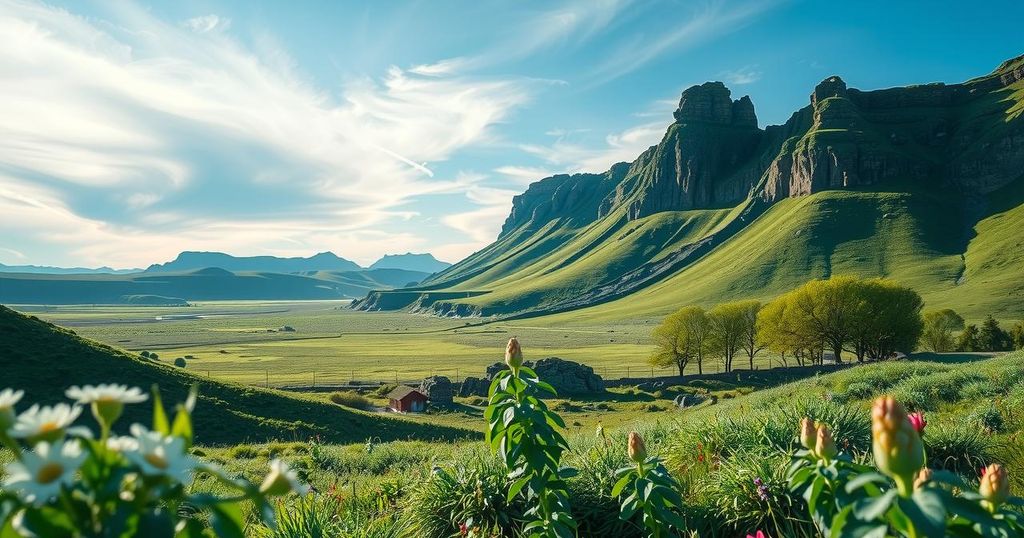Indigenous leaders from the Peruvian Amazon presented their grievances over oil and gas projects to the Inter-American Commission on Human Rights, arguing violations of their rights and territory. They claim the government has failed to consult them, leading to environmental and health risks. The focus now lies on the necessity for the government to uphold international laws protecting Indigenous rights.
Indigenous leaders from the Peruvian Amazon have sought intervention from an international human rights body regarding oil and gas projects in their territories. At a recent hearing held by the Inter-American Commission on Human Rights, they presented evidence demonstrating that these endeavors infringe upon their rights, as they jeopardize land, health, and food security. Furthermore, they argue that the government has violated international obligations by failing to consult Indigenous groups prior to such pursuits.
Represented by the Interethnic Association for the Development of the Peruvian Rainforest (AIDESEP), the leaders emphasized the threats posed to uncontacted Indigenous peoples, specifically noting adverse impacts on Indigenous women. Despite the government’s assertions of its commitment to democracy and human rights, leaders like Julio Cusurichi Palacios from AIDESEP criticized this stance as inconsistent with the realities affecting Indigenous peoples, citing ongoing contamination and regulatory leniency that endangers their lands.
Legal expert Cesar Ipenza noted an alarming trend towards promoting extractive activities in vulnerable regions, particularly in the Amazon. He underscored the increasing environmental impacts as well as a breakdown in communication between the government and Indigenous communities, with the state persistently claiming that all operations are free of issues. The Inter-American Commission has requested the government to submit written responses addressing handling protocols for oil spills and assistance for affected communities.
The documentation reveals a troubling situation, where roughly 75% of Indigenous territories in the Amazon are under oil and gas concessions, underscoring ongoing infringements. Survival International highlighted the vulnerability of at least 20 uncontacted tribes in Peru, as recent interactions with logging workers have resulted in dangerous encounters.
As local Indigenous organizations face obstacles in seeking justice within Peru, they have increasingly turned to international platforms, such as the Inter-American Commission on Human Rights, to compel the Peruvian government to comply with international treaties. Advocates like Teresa Mayo from Survival International emphasize the necessity for these organizations to secure protections for their rights despite governmental negligence.
The ongoing struggle of Indigenous leaders in the Peruvian Amazon against oil and gas projects highlights significant violations of their rights and a lack of governmental accountability. They have turned to the Inter-American Commission on Human Rights to address these issues, emphasizing the threats to their land and health. It is essential for the Peruvian government to acknowledge these concerns and adhere to international obligations regarding Indigenous peoples’ rights.
Original Source: www.newsday.com




